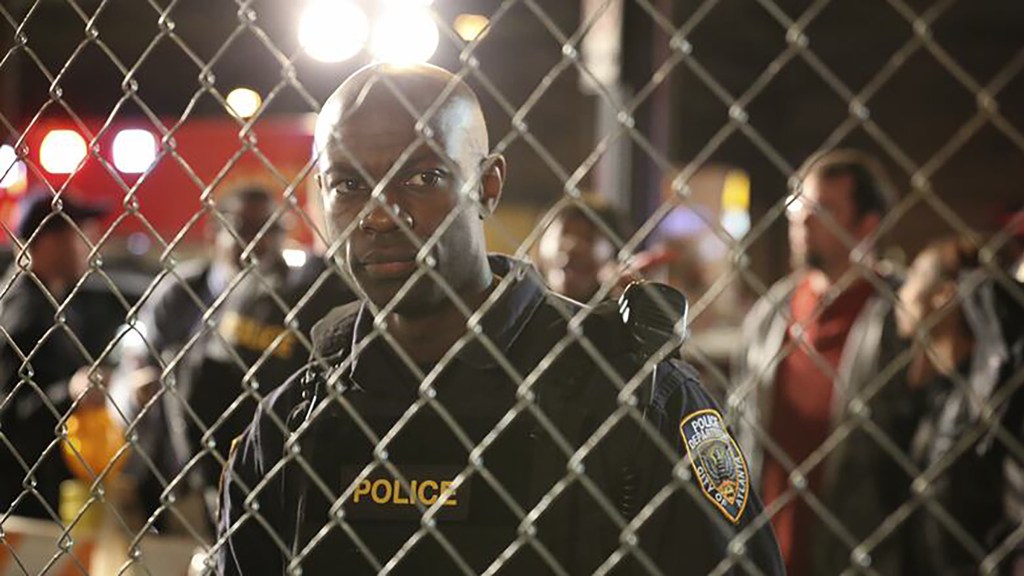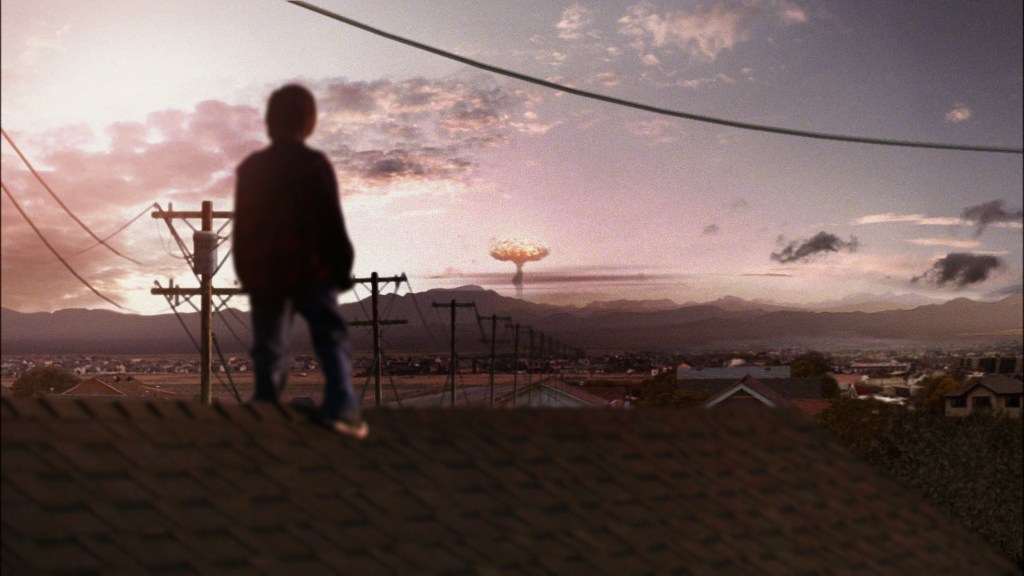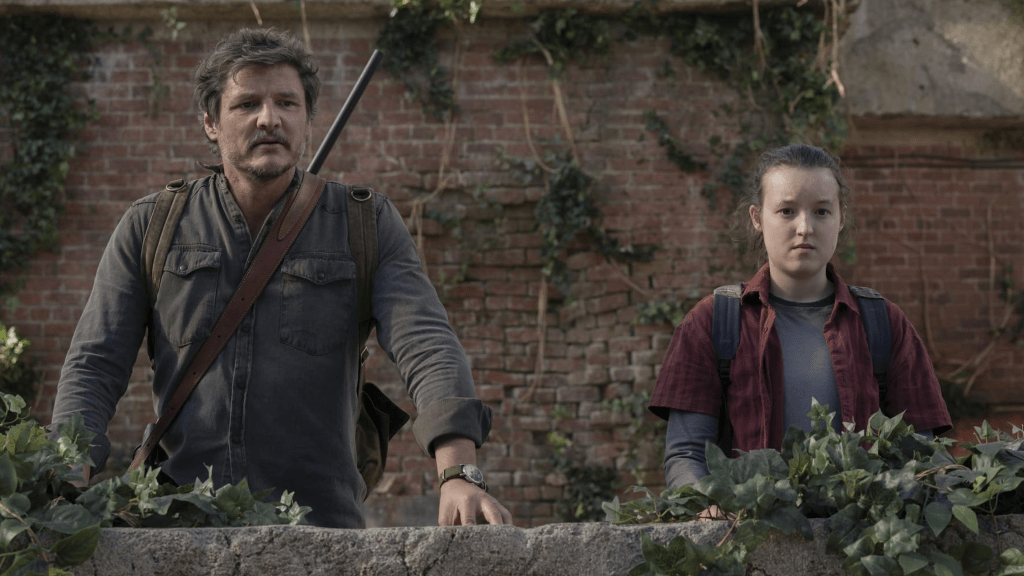There is something fascinating about the end of the world. For centuries, artists have been looking to the idea of the apocalypse as a source of inspiration for tales about the collapse of civilization, planetary destruction, and how humanity reacts to the end of everything and the world they know. Thanks to movies and television, stories about world-threatening destruction have become popular among the masses, offering something for everyone who wants to feel a little bit of existential dread from the comfort of the nice, safe present.
Videos by ComicBook.com
But when it comes to stories about the end of the world, most television series explore the world after. Incredible series such as The Walking Dead, Fallout, and Station Eleven all examine a post-apocalyptic world in which survivors are navigating realities that have already endured the apocalypse and are now on the other side, trying to navigate strange new worlds built from the ashes of the old one. It’s much less common to find a series about the apocalypse as it’s happening, but they do exist. These three television series explore the end of the world as it is ongoing and while one does lean into a post-apocalyptic reality, the threats to humanity continue to be active, reminding viewers that the end of the world is rarely the actual end.
3) Containment

Debuting in 2016, The CW’s Containment may not be a series that comes to mind for many when talking about shows about the apocalypse, but nearly a decade after its debut, it’s become an interesting exploration of the early days of an epidemic and the catastrophic impact on those caught in it. In the series, a man is discovered to be infected by an extremely contagious and dangerous virus and, after he infects several people, large portions of Atlanta end up quarantined with a cordon sanitaire to prevent the spread. With the city separated, those stuck inside the cordon find themselves fighting for their lives.
The series is not without its flaws. There’s a conspiracy subplot and plenty of drama as one would expect from a The CW show. The series also ends on something of a cliffhanger in that we never really find out how the scandal about the origin of the virus plays out and it’s never established if the quarantine works, sparing the rest of Atlanta and potentially the world. What Containment does do well, however, is give viewers a look at just how quickly things devolve when life-disrupting threats emerge. It isn’t difficult to imagine how the virus in Containment could, if it were to get out of the bounds of the cordon sanitaire, quickly devastate the entire world, leading to its end.
2) Jericho

Nuclear devastation is another common “end of the world” scenario in fiction, but in Jericho, it’s not the irradiated world after the blast that viewers experience but how life goes from ordinary to something vastly more complex in a mere moment. In Jericho, the residents of the titular fiction a small Kansas town witness a mushroom cloud in the distant sky and soon find themselves cut off from the rest of the world. It’s discovered eventually that several American cities have been wiped out in nuclear attacks and leaving the townspeople in a position of having to figure out how to keep themselves and their town alive in a suddenly changed reality.
What makes Jericho a perfect apocalypse story is that we get to watch the characters respond in “real time” to the catastrophic event. We see them go through various stages of grief about their situation and the series explores how not knowing can be almost as devastating as the fight for survival in a world that’s been long changed by an event. Viewers get to see the residents of Jericho as they deal with not only the immediacy of the nuclear attack that they witnessed from a distance, but the many and often surprising complications that one just can’t plan for in an end of the world situation.
1) The Last of Us

One could argue that The Last of Us really falls more into the “post-apocalyptic” category because it’s a story that predominately takes place two decades after the outbreak that turned much of humanity into, essentially, zombies. However, what makes The Last of Us different is that while it is post-fungal apocalypse, it is also very much still during the apocalypse. The Last of Us, based on the video game of the same name, sees Joel Miller (Pedro Pascal) tasked with delivering a girl named Ellie to a destination across a decimated United States as she is the only hope in trying to find a cure or a prevention for the fungal infection that has led to the collapse of everything.
As the story unfolds, viewers are presented with a world that is still very much in transition with different parts of the country having adapted in different ways to the fungal spread. What is left of civilization is also still early enough in their strange new reality that there is lingering hope that something can be found that will save them — specifically a cure or a prevention. The world of The Last of Us is not one that has fully accepted its new reality but is instead still developing, still adjusting and by centering the story around Joel and Ellie and their growing father-daughter relationship, we’re given a very unique look at the human toll of what the end of life as we know it looks like and how, sometimes, it’s not as different as one might expect.
What do you think? Leave a comment below and join the conversation now in the ComicBook Forum!









